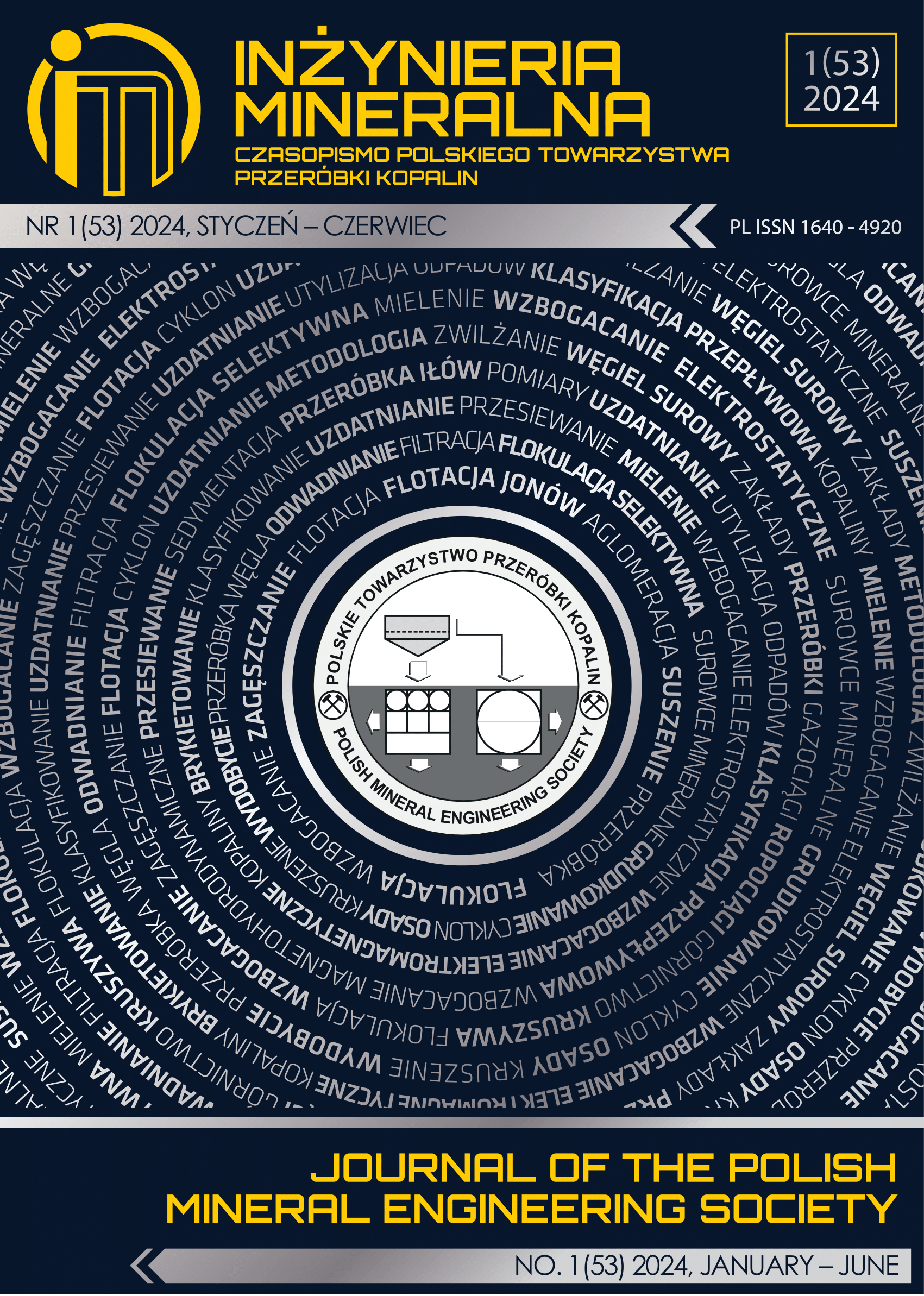Przewidywanie atlantyckiej południkowej cyrkulacji z wykorzystaniem nieliniowych metod identyfikacji systemu i modelu NARMAX
Abstrakt
The Atlantic Meridional Overturning Circulation (AMOC) plays an important role in the coupled ocean-climate system and in global climate change. The analysis of its own behaviour and the understanding its links to other climate dynamics is of paramount importance today as we encounter an increasing pressure to adapt to climate change. Due to the enormous complexity, it is almost impossible to establish accurate models, purely based on first-principle modelling approaches, that can perfectly represent the relationships between the AMOC and other dynamic climate parameters. Data-based or data-driven modelling methods, can therefore provide an attractive alternative solution. Systematic regular and continuous measurement of the AMOC time series began in April 2004. The main objective of the paper is to use the monthly data of the AMOC measured during April 2004-Febuary 2017, together with the North Atlantic Oscillation (NAO) index, and density anomalies of the Gulf of Mexico, Labrador Sea and Norwegian Sea, measured during the same period, to investigate and understand the quantitative relationship between the AMOC and four drivers (NAO and the three density anomaly variables). In doing so, nonlinear system identification methods and the Nonlinear AutoRegressive Moving Average with Exogenous input (NARMAX) method are employed to develop a quantitative model that relates the AMOC to the four drivers. Experimental results show that the derived nonlinear model skillfully captures and represents the dynamics of the AMOC based on the other four variables. One of the findings from this study is that the use of autoregressive variables can help improve the prediction of the AMOC.
Copyright (c) 2024 Hua-Liang Wei,Grant R. Bigg,Edward Hanna

Utwór dostępny jest na licencji Creative Commons Uznanie autorstwa – Na tych samych warunkach 4.0 Miedzynarodowe.
Czasopismo pozostawia część majątkową praw autorskich autorowi.
Czasopismo zezwala autorom i zachęca ich do zamieszczania swoich artykułów na prywatnych stronach internetowych oraz w instytucjonalnych repozytoriach. Dotyczy to zarówno wersji przed opublikowaniem, jak i wersji po publikacji. Udostępniając swoje artykuły są zobowiązani do zamieszczenia szczegółowych informacji bibliograficznych, w szczególności (o ile to tylko możliwe) podania tytułu tego czasopisma.







.png)
